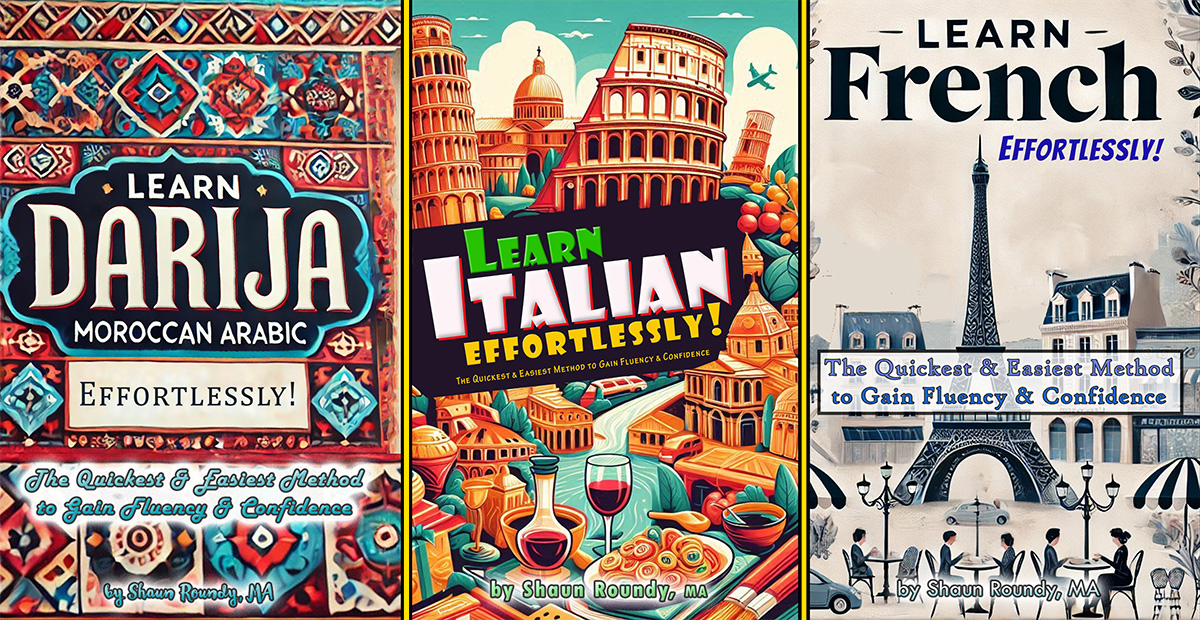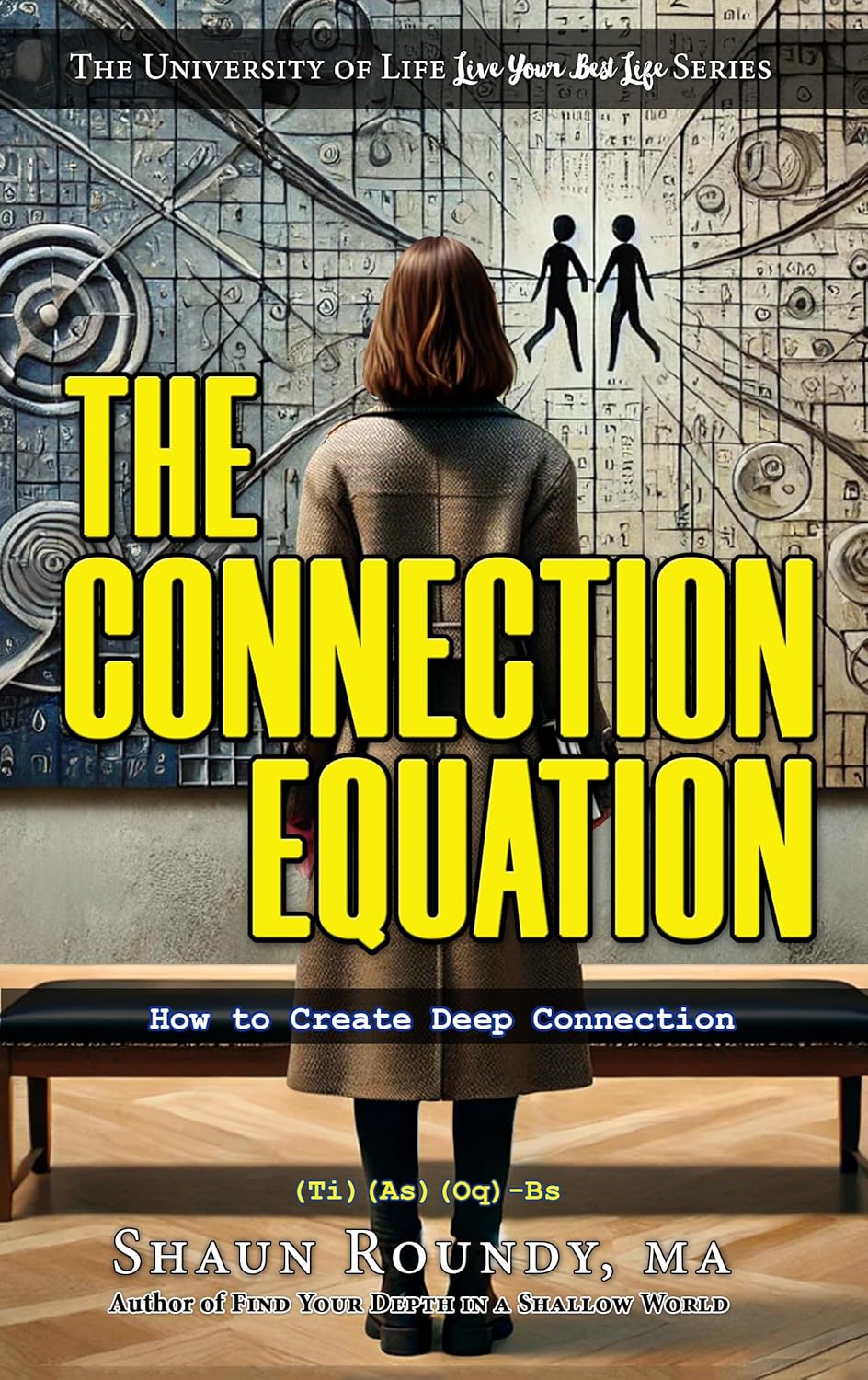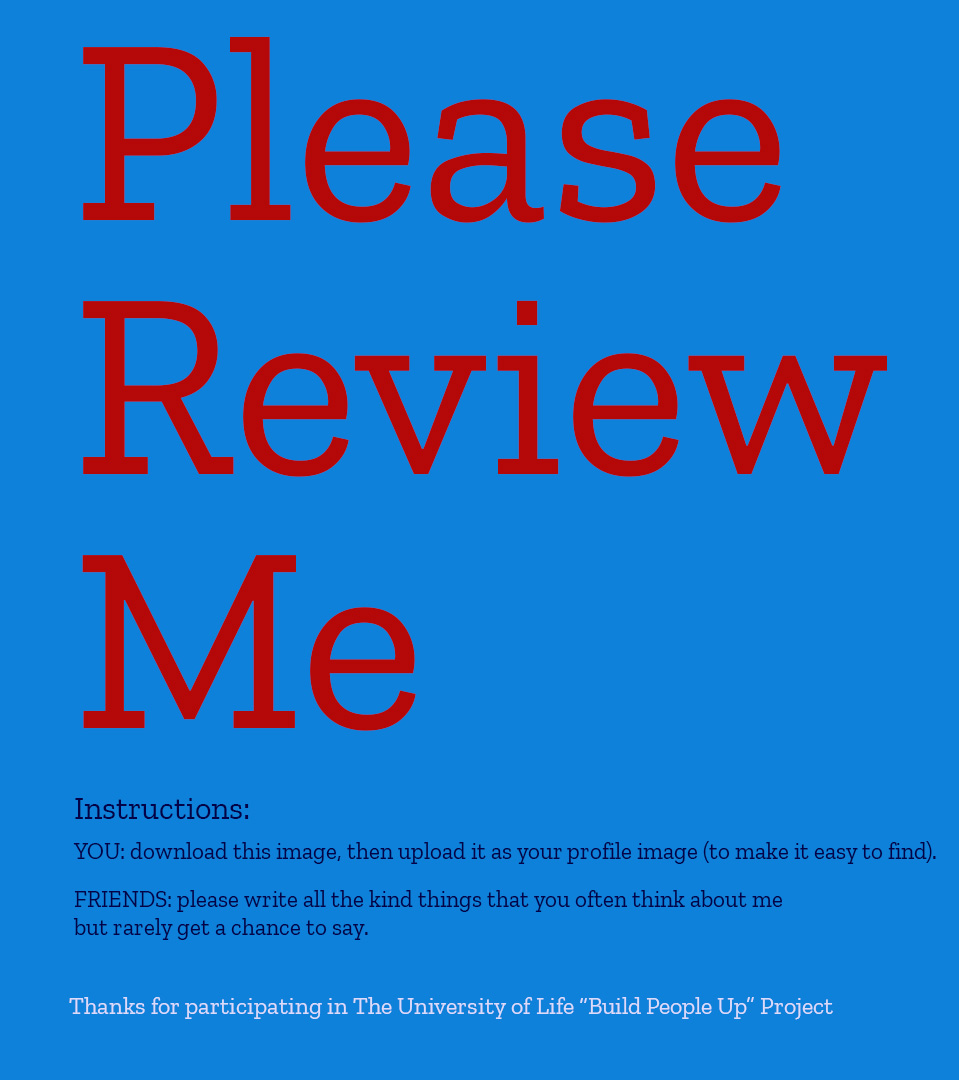
If “love is the answer” to our most important problems (including how to live an amazingly satisfying life), why do we understand and utilize it so embarrassingly little? Why do we walk blindly through life waiting for it to happen to us as if we had no control over this mysterious feeling?
The University of Life set out to change that by researching stacks of books and articles by psychologists, philosophers, artists, religionists, and just really enthusiastic people.
The end result: Love 101 – this course which not only identifies the 12 distinct mental/ emotional/ physical/ spiritual/ social experiences we collectively call “love,” but also teaches you exactly how to generate more of this good stuff.
Part A: What is Love?
The videos to the right introduce this course and the fact that we really need to understand love much better.
Don’t forget to click on the University of Life YouTube channel and subscribe! Or just click the University of Life logo on the video. Thanks!
Part B: Love is…
Part B reviews many of the Pinterest-level explanations you’ve heard all your life that make a feeble effort to define love. “Love is a verb.” “Love is a feeling.” “Love is a choice.” “Love is a chemical reaction.” etc.
It’s not that such explanations are wrong…they’re just incomplete. They offer scattered insights about love, but fail to provide enough clarity to really inform us about the nature and function of love. Video explanations and examples to come…soon…ish.
Part C: The 12 Loves
Part C dives deep with thorough explanations of the twelve distinct experiences we often call love. Are they really love? In most cases, yes, though different types – they’re not all the *same* type of love.
Some things we call “love” aren’t love at all – some are insidious illusions that only resemble love, and we keep falling for them because we don’t know any better. Read (or watch and listen) up and learn to recognize love’s various forms in your life!
Part D: Love Abilities
Is it better to to love or be loved? If you answer “to love,” that’s great, because you can do something directly about that. If you answer “to be loved,” then you should recognize that being loving (including loving yourself) is one of the best ways to be loved.
Part D teaches you how to love. It explains what love wants and why it does what it does. Once you understand these actions and motivations, you become free to implement them and reap the rewards in your life. Video examples and instructions…coming soonish.









